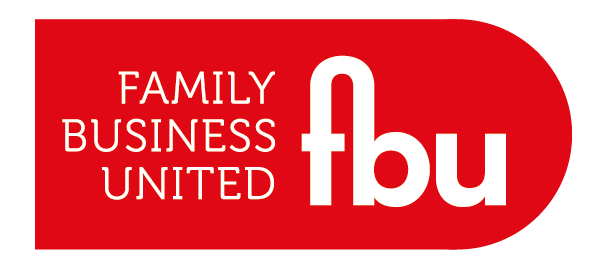
Hard Work Ahead
As a leader, you probably have big changes ahead of you this year.
Here are some tips to stop you feeling drained of energy early on in those all important change projects!
- Recognise that your degrees of freedom are limited
Not everyone in your own team, amongst customers, suppliers and other partners will be supportive. Don’t waste time fretting or arguing about blockers and poor behaviour.
Recognise that the pace of change is set by the deep biases and beliefs of those significant to the project. We call them “significant others”. The term includes anyone who has a significant stake in a project, whether at work or not (so it can include your partner or your parents, if your project effects them enough to impact). Their attitudes can empower change, or severely restrict it.
Preceding attitudes always cause change inertia. Understanding these, being flexible, and creating consensus is a vital area of focus for leading change.
Degrees of freedom to change are heavily influenced by the attitudes of “significant others”.
2. Freedom to change may be limited; but freedom to lead is not
Time taken to understand and discuss beliefs, biases and attitudes about the change project through with those involved is unlikely to be time wasted.
It is good leadership to facilitate common agreement. We all know that agreement is best gained through rapport, and rapport comes from understanding.
3. Understanding comes from curiosity
Curiosity: asking, observing, listening and checking. All teams go through the phases of forming, storming, norming and performing around each new and significant issue they face.
An attribute of high performance leadership is to welcome the storming phase (typified by emotion, argument, even anger and contempt). Experienced leaders recognise emotion as a sign of true engagement and, if possible move on, through the norming phase, typified by genuine curiosity, to deeper levels of understanding and agreement.
It is good leadership to welcome emotion and work to move through it. Criticism and retreat from the storming phase are a very common cause of failure early on in change projects. Moving through it carefully and quickly will save and can even build energy for the change. It can often lead to pleasure in teamwork, membership and the shared purpose of a project.
4. Readiness and capability both influence bias and belief
Readiness is about getting leadership support, the business case, funding, returns, method and confidence right. Capability comes with individual and organisational resources. These are vital to success.
Put your energy into building the detailed case for change, and identifying any gaps in capability and resource, and make a good case. It will help. If the process throws up major issues, they must be tackled, so raise them, and talk them through.
However a good case will not create sufficient degrees of freedom and pace for your change on its own — you will still need to understand the bias and beliefs of significant others and lead the change at a deeper level to be successful.
The group bias and belief will shift with new information, so return to the debate whenever you need to as new issues arise. Guard any hard won consensus by continuing to build rapport and understanding.
In summary, to lead change well you will need to build understanding of the beliefs and biases about it amongst the significant people, and turn this into the rapport and consensus needed to support your project to conclusion. It will always limit the project so expect this and amend your goals if possible as needed.
5. What are your own beliefs and biases?
Just who are you, as a leader?
How can you hope to understand the deeper beliefs and biases of the other people who are significant to you, if you have not begun your inner leadership journey and started to understand your own limiting beliefs and biases?
If you are prepared to reflect upon this and learn how to change yourself, you gain a profound resource to help you in creating change for your group.
To get started, just get in touch: nick.mayhew@alembicstrategy.com




